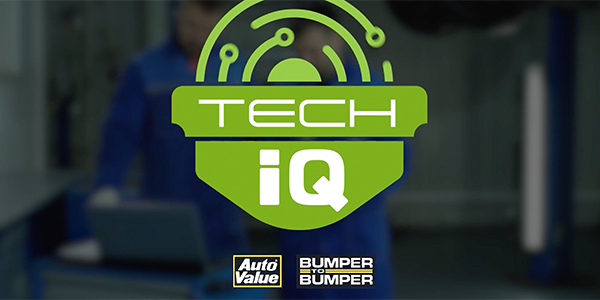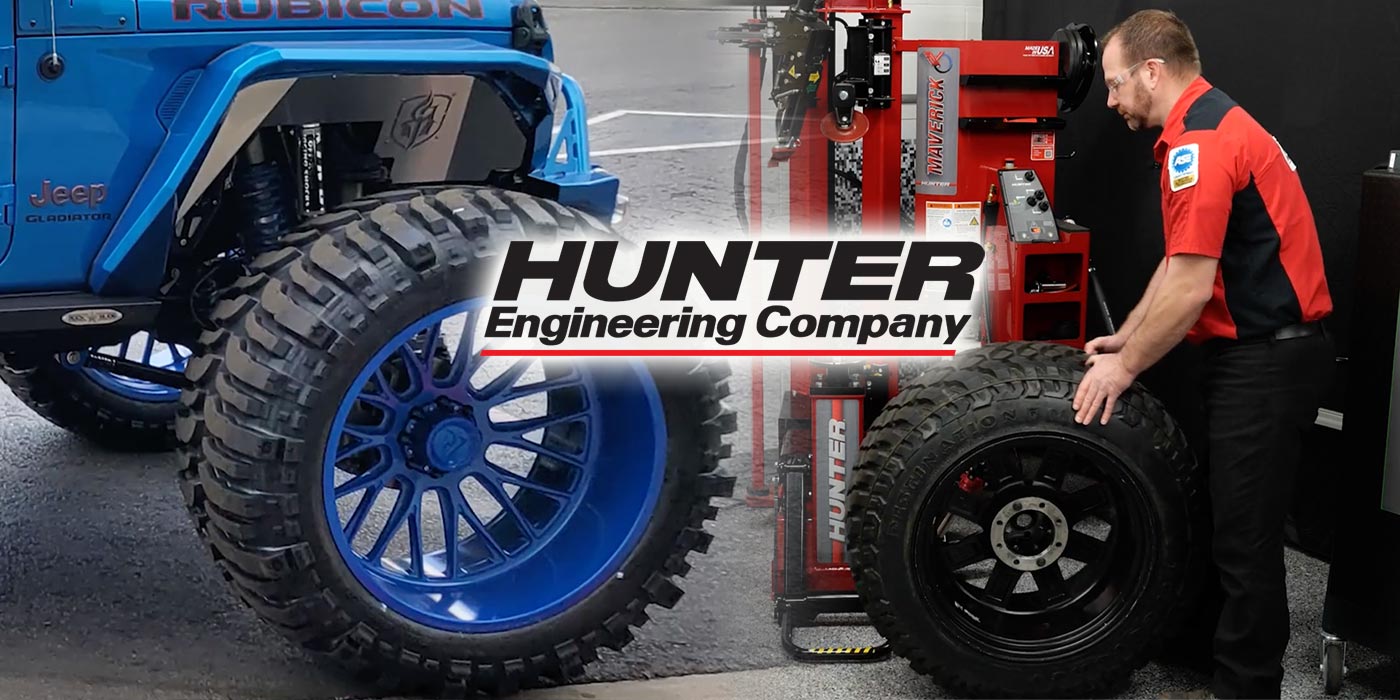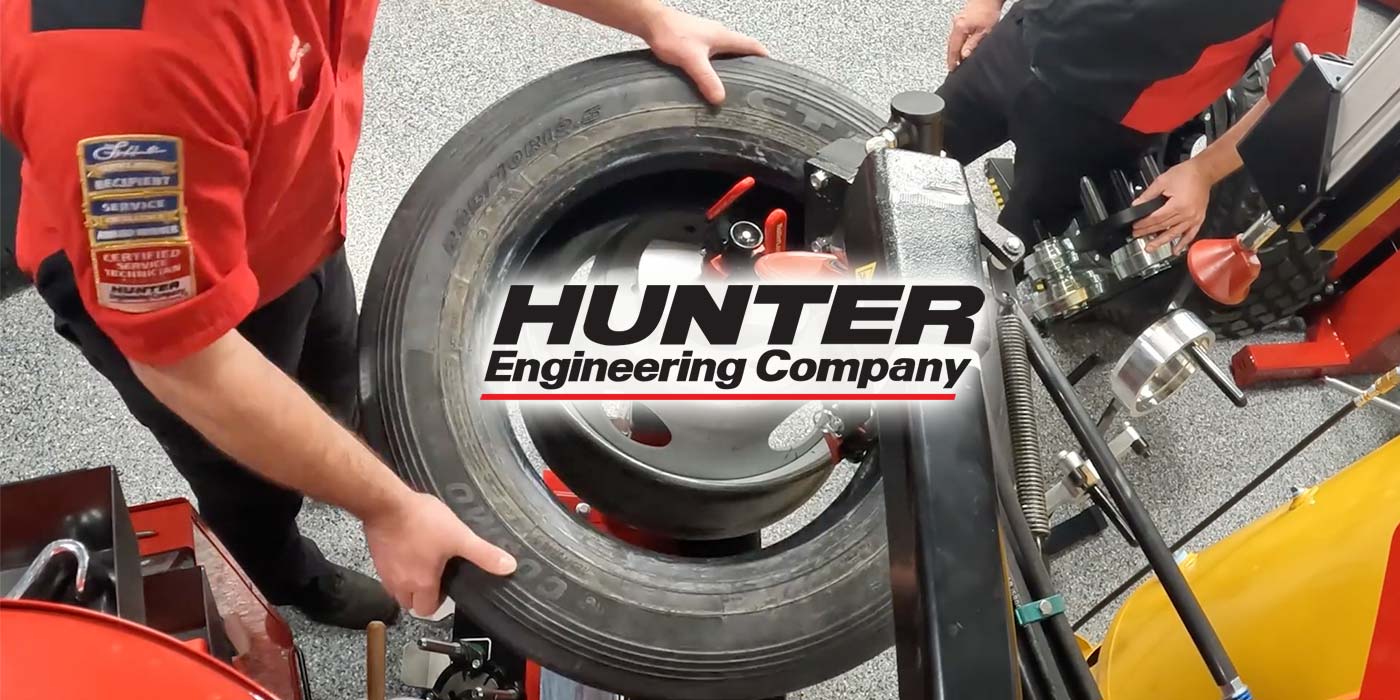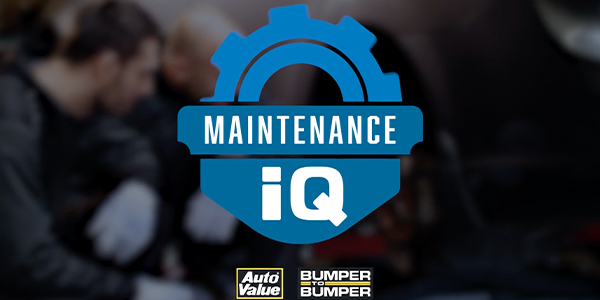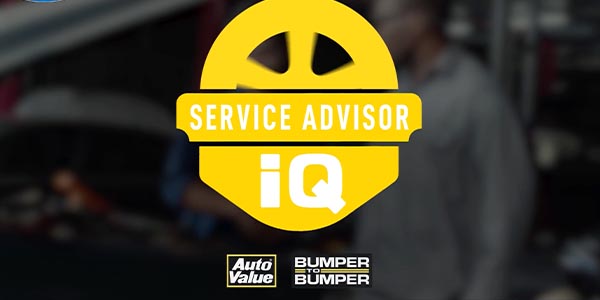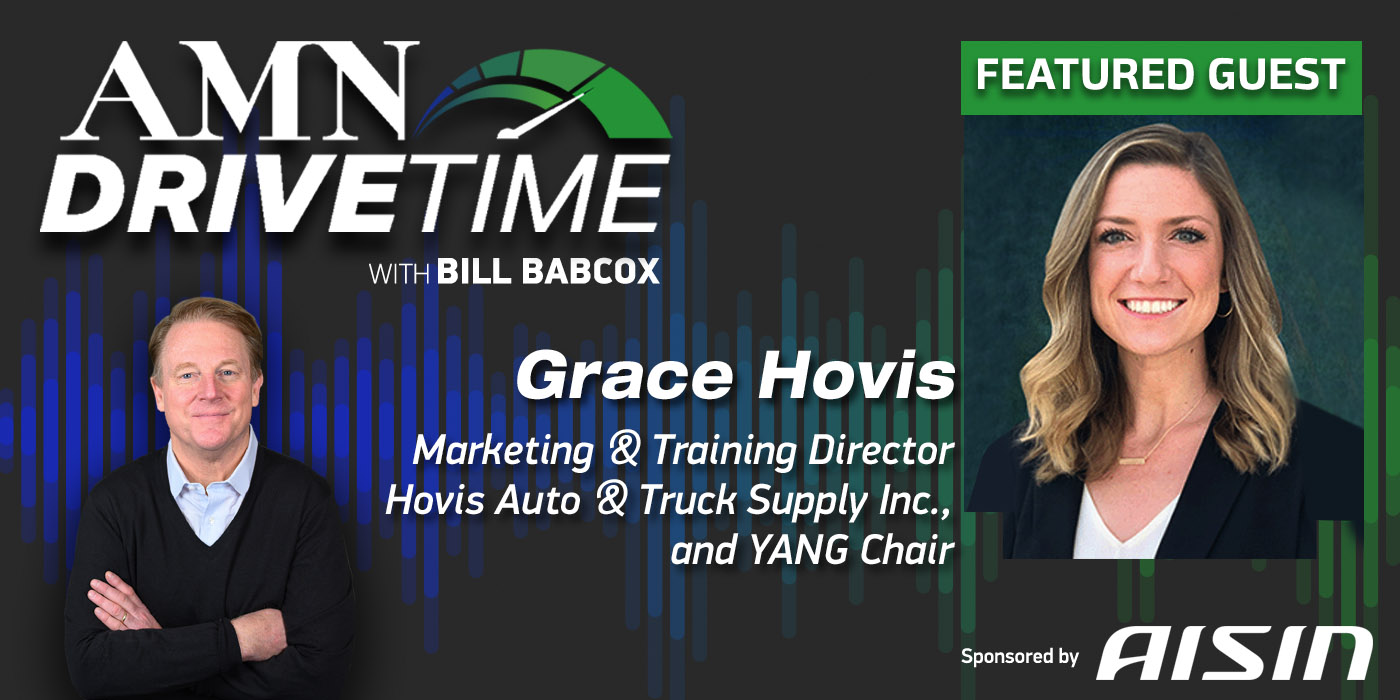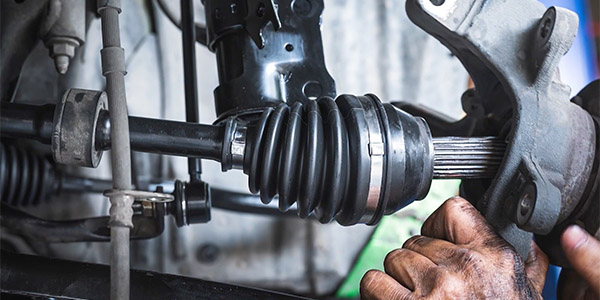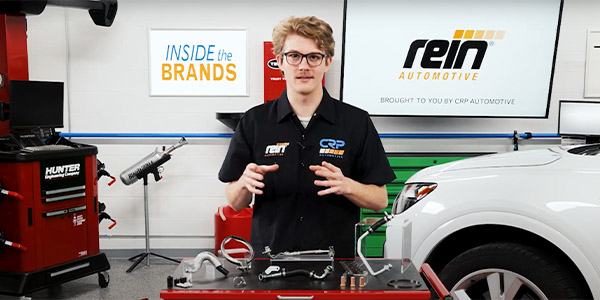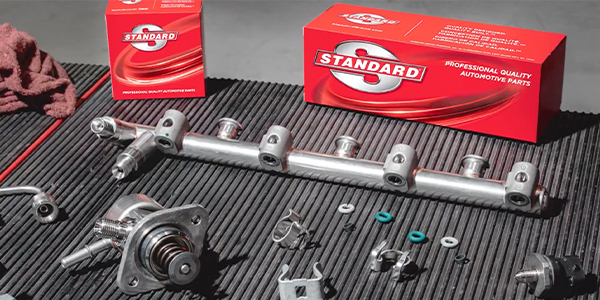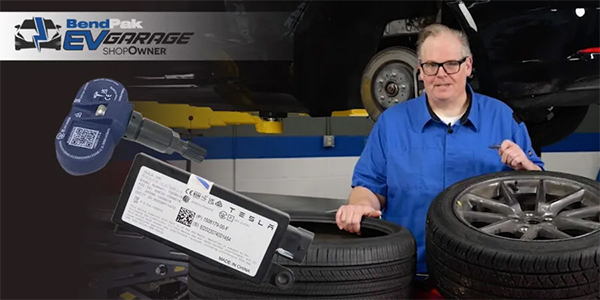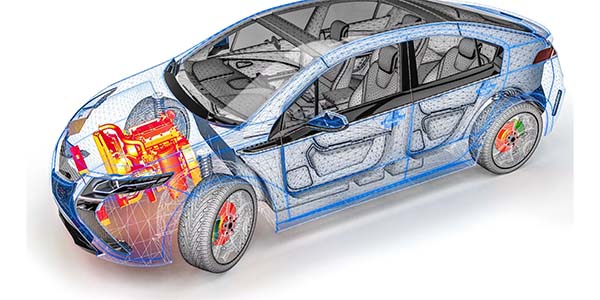When an engine is designed, each cylinder is an exact copy of one another. Meaning the injectors, spark plugs, and ignition coils are also engineered to function the same regardless of which cylinder they serve. With all the cylinders the same, the engine is balanced. It also means all the coils are subjected to equal heat and vibration under the vehicle’s hood.
If the engineers use a balanced approach in designing the engine’s ignition system, why would you use an imbalanced approach to repair it?
It is not uncommon for one coil to fail and cause a DTC like P0301 for a specific cylinder misfire or a DTC for the ignition circuit like a P0351 indicating a malfunction or open in the primary side of the coil.
The root cause is heat and vibration can break down the epoxy resin that holds the primary and secondary windings. Even the coil windings can be damaged by heat and vibration—this is one of the most common causes of these codes.
So, why replace only one coil at a time? Replacing one coil might cure the misfire and codes for now, but the other coils could fall prey to the same failure and codes. Replacing all for the coils at a time will save a comeback. This is why some ignition coil manufacturers package coils in sets.
Speaking of a balanced approach, If you are replacing the coils, consider the sparks plugs. Spark plugs typically wear at the same rate. As the gaps increase, the voltage required from the coil also increases. Not replacing the plugs could leave the root cause of the possible coil failure in the engine. By renewing the plugs with the coils, you can assure the customer that the problem has been solved.
This video is sponsored by NGK and NTK.

